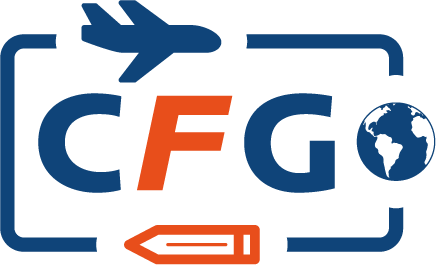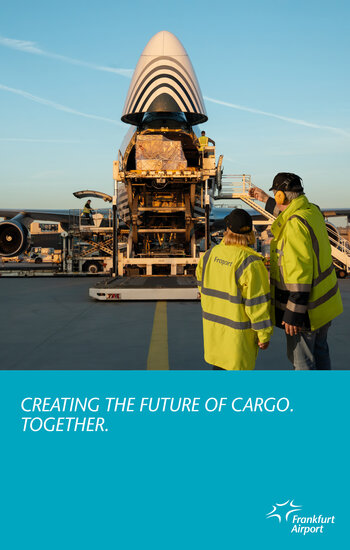At the intersection of logistics, innovation, and sustainability, CIND Solutions is pushing the boundaries of what is possible in air cargo. With a clear focus on data-capturing through advanced software and sensor technology, the company’s mission is simple, yet ambitious: optimize ULD (Unit Load Device) handling to maximize load capacity, minimize climate impact, and streamline operations for cargo carriers worldwide.
CargoForwarder Global (CFG) spoke to Kerstin Meyer (KM), Country Manager Germany at CIND Solutions, about her journey into the world of air cargo, the transformative potential of CIND’s dimensioning and contouring tools, and how digitalization can drive meaningful change without compromising environmental goals.

CFG: You’ve been active in the logistics and aviation world for many years. What led you into air cargo, and what continues to motivate you today at CIND?
KM: I entered logistics via classic export processes and moved into air freight relatively early on. I am particularly attracted by the combination of speed, internationality, and proximity to operational processes. At CIND, there is an additional attraction: We bring technologies to where they really make a difference – to the warehouses, to the ramps, to where it counts. Seeing how good tools can change processes in a very concrete way, is a strong motivation for me.
CFG: CIND’s dimensioning and contouring solutions aim to modernize ULD handling. Where do you see the biggest practical shifts once these tools are in place?
KM: As soon as precise measurement data is automatically available, many things change: planning decisions become more reliable, coordination becomes more efficient, and air is no longer transported unnecessarily. One major practical shift is that estimates and assumptions are replaced by hard facts – and that helps on many levels, from internal reporting to real-time cargo space optimization.
CFG: Digital tools promise efficiency, but integration is often complex. What challenges have you observed when implementing CIND’s solutions within the existing IT ecosystems of handlers and airlines?
KM: The systems themselves are rarely the real problem – it is the historically grown structures and the desire to intervene as little as possible in ongoing processes. This is why we rely on open interfaces and close coordination with IT and operations. It is important to understand at an early stage: Where is the data flow needed? And how do we create acceptance for new processes – not only technically, but also in human terms?
CFG: With growing expectations around both automation and sustainability, how can technology support efficiency without adding to the environmental burden or creating new dependencies?
KM: Technology should not be a black box solution, but rather transparent, scalable, and practical. For example, if we can use more precise data to make better use of loading areas or avoid unnecessary transportation, this has a direct impact on emissions – without creating new dependencies. It is important that solutions not only convince technically but also perform both on paper and in everyday operations. And the great thing is that sustainability doesn’t cost extra with us – it’s a built-in by-product of more efficient processes.
CFG: Looking ahead, which two challenges in air cargo handling do you believe require the most urgent attention – and how far are we from resolving them through digital innovation?
KM: The first major challenge is clearly the optimization of operational workflows. Many processes still rely heavily on manual work and habit rather than on objective, reliable data. There is an urgent need for practical solutions that really simplify everyday life. The second is – unsurprisingly – the “evil topic of digitalization”. By this I don’t mean the introduction of tools for their own sake, but the consistent availability of relevant information at the right time and in the right place. Initiatives like IATA’s ONE Record can be a powerful step in this direction.
CFG: And finally, what skill or mindset do you believe is most underrated when it comes to driving meaningful change in air cargo handling?
KM: From my point of view, people often underestimate how important an open, solution-oriented attitude is – especially in change processes. You don’t need perfection from the outset, but the courage to get started and develop things together. Those who are prepared to embrace new things and pragmatically implement small steps, often achieve more than big strategies on paper.
CFG: Kerstin, thank you for your time and insights.




